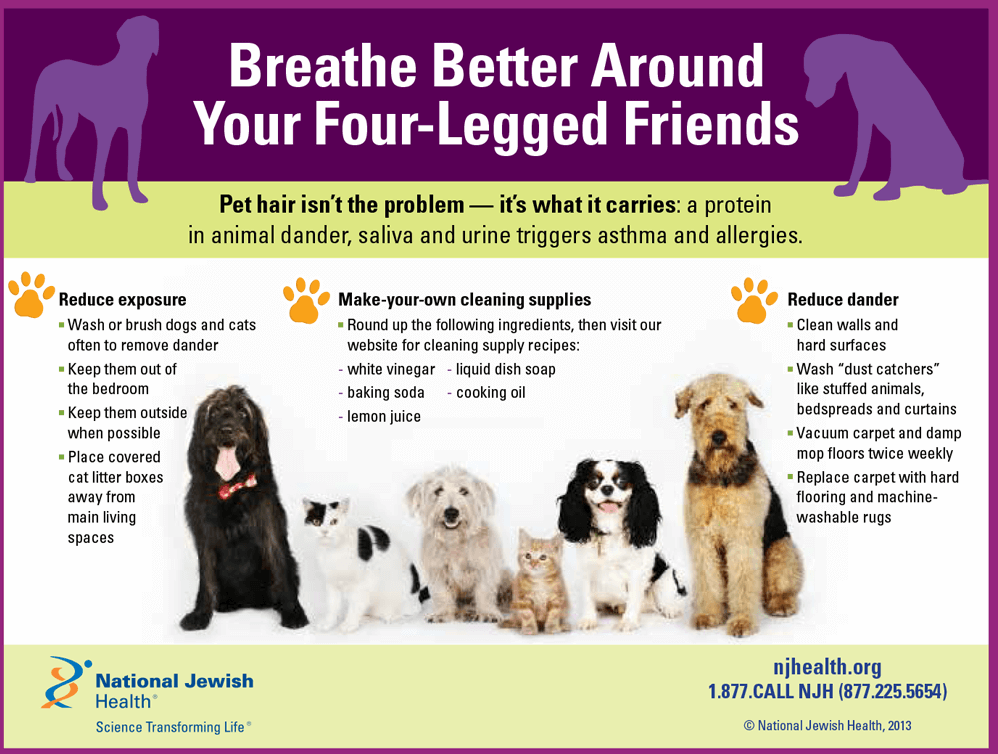Pets that stay energetic through socializing, workout, and mental excitement live healthier, better lives. Day care gives all of these in a secure, controlled setting.
However, some canines age out of childcare as they get older. If your senior pet dog seems less passionate concerning going to day care, open interaction with staff is essential.
Socializing
It's important to interact socially pets of all ages, however it comes to be a lot more essential for elderly pet dogs. Socialization allows them to really feel even more comfy around other canines and individuals, which can aid prevent tension and various other wellness issues.
It can be more difficult to interact socially older pets, but it's still feasible. Using positive reinforcement, taking points gradually, and developing a safe environment can help them adapt to brand-new scenarios. It can additionally help to use training exercises that focus on soothing habits.
Pet childcare offers a safe, fun place for senior canines to work out and engage with others. This sort of normal exercise is important for keeping their muscles strong and joints versatile, which can reduce the onset of arthritis or other age-related conditions. It can also help to stimulate their minds through play, which can improve cognitive function and slow the progression of dementia or other mental illnesses.
Exercise
As dogs age, their energy levels and metabolisms slow down. However, that doesn't indicate they must quit working out totally! Routine task and socializing are necessary for the general health and wellness of an elderly canine.
If you have a senior canine, it is essential to find low-impact exercise that is easy on their joints. For example, swimming can be a great kind of workout due to the fact that it minimizes anxiety on their muscle mass and joints. It's likewise a good idea to have your pet dog begin each exercise with a short walk around the yard or do some light playtime to heat up their muscular tissues and minimize their danger of injury.
Another way to maintain your elderly canine feeling comfy is to check their urination and bowel movements. Sometimes these adjustments can signify a medical issue that needs to be resolved. Speak to your vet for advice.
Psychological excitement
One of the biggest misconceptions concerning older pet dogs is that they're "too old for brand-new techniques." However this couldn't be further from the reality.
Senior pets that go to daycare can gain from mental stimulation and cognitive workout. This can help them feel less distressed when they're home alone and decrease behaviors such as unchecked urination or defecation, excessive barking, and harmful habits.
They can also experience brand-new sights and scents, which can be a terrific way to boost their mood. This sort of mental excitement can likewise boost self-confidence and encourage your pet to feel even more comfortable around other people and pets.
Keeping your elderly dog satisfied is among the best methods to elevate their lifestyle. If they're still excited concerning going to childcare and their health is excellent, then they can possibly go. However, it is necessary to understand their restrictions and take safety measures if they can not take part as high as previously.
Healthcare
Aging canines usually experience illness as they age. While they are a normal part of the aging procedure, early discovery and therapy can considerably raise your animal's convenience level.
Routine blood testings, geriatric bloodwork and pee evaluation can catch a selection of problems such as anemia and boarding kennels dogs iron deficiencies, kidney condition, thyroid dysfunction and various other illnesses that can be much more usual in senior family pets.
If your pet seems a lot more tight, has trouble leaping or playing and dislikes food, speak with your veterinarian as these could be indicators of pain, arthritis or various other health problems. An adjustment in cravings or weight gain may likewise show a problem, like diabetic issues or heart problem.
Your older pet may need nutritional or grooming treatment changes, such as more regular or much shorter walks and teeth brushing (your vet can show you just how to use hand signals to train your family pet to allow you do this). Regular physical therapy can assist with joint discomfort or various other problems that affect your animal's wheelchair.
